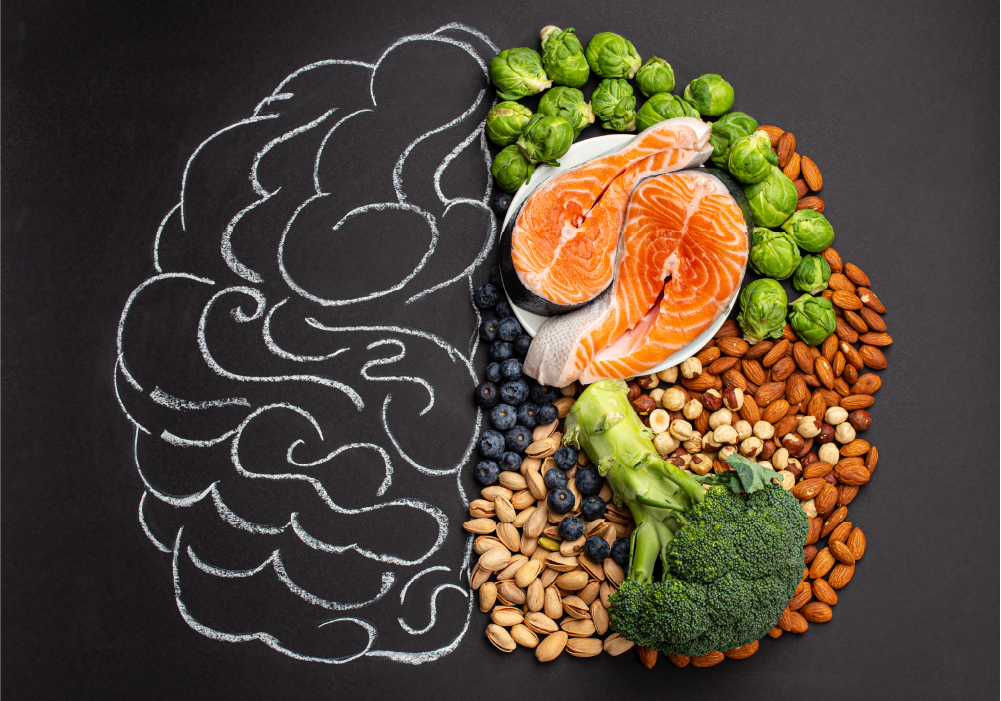The intricate relationship between diet and mental health has gained increasing attention in recent years. Studies have highlighted a correlation between what we eat and how we feel, emphasizing the importance of maintaining a balanced diet for overall well-being.
Practical Tips for a Balanced Diet
Making small adjustments to your eating habits can yield significant benefits. Here are some tips for healthy eating to nourish your brain:
- Stick to regular mealtimes to stabilize blood sugar levels and prevent fatigue.
- Stay hydrated to maintain mood and concentration.
- Choose healthy fats like olive oil and nuts, and avoid trans fats found in processed foods.
- Include whole grains, fruits, and vegetables for essential vitamins and minerals.
- Make sure each meal contains a good source of protein to regulate mood.
- Incorporate probiotic-rich foods like yogurt and sauerkraut for gut health.
- Be mindful of caffeine intake and opt for herbal teas as alternatives.
12 Mood-Boosting Foods
Certain foods are packed with nutrients and compounds that can lift your spirits and improve overall well-being. Here are 12 foods to incorporate into your diet for a happiness boost:
- Dark chocolate for a serotonin boost.
- Bananas for mood-regulating vitamin B6.
- Berries for antioxidant-rich sweetness.
- Oily fish for omega-3 fatty acids.
- Nuts and seeds for an omega-3 boost.
- Oats for a slow-release energy source.
- Spinach for a folate-rich mood boost.
- Avocados for brain-boosting fats.
- Green tea for a relaxing yet alert boost thanks to L-theanine.
- Beans for a protein and fiber-packed snack.
- Poultry for a tryptophan boost.
- Sweet potatoes for mood-stabilizing complex carbs.
While food alone is not be a cure-all for mental health challenges, incorporating nutritious choices into our diet can undoubtedly contribute to a more positive outlook and improved overall health. By prioritizing wholesome foods and mindful eating practices, you can take proactive steps towards enhancing your mood and well-being.
Sources: mentalhealth.org, healthline.com, health.harvard.edu




